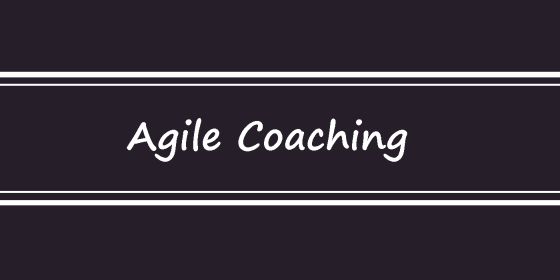Agile Coaching

Agile Coaching is a supportive and guidance-oriented role in Agile software development and project management. Agile Coaches work with individuals, teams, and organizations to help them adopt and improve Agile practices, principles, and values. They play a pivotal role in facilitating Agile transformations, promoting continuous improvement, and fostering a culture of collaboration and adaptability.
Key aspects of Agile Coaching include:
- Guidance and Support: Agile Coaches provide guidance and support to individuals and teams, helping them understand and apply Agile principles and practices effectively.
- Team Facilitation: Coaches facilitate team activities, such as Sprint Planning, Daily Stand-ups, Sprint Reviews, and Retrospectives, ensuring that Agile ceremonies are effective and valuable.
- Observation and Feedback: Agile Coaches observe team dynamics, processes, and practices and provide constructive feedback to help teams identify areas for improvement.
- Problem-Solving: Coaches assist teams in identifying and resolving challenges and impediments that may hinder their Agile adoption and progress.
- Mentoring and Training: Agile Coaches offer mentoring and training to team members and other stakeholders, helping them build their Agile knowledge and skills.
- Adoption of Agile Mindset: Coaches promote the adoption of an Agile mindset throughout the organization, focusing on values such as customer collaboration, continuous improvement, and delivering value.
- Culture Change: Coaches work towards fostering a culture of openness, trust, and experimentation, which is essential for Agile success.
- Scaling Agile: Agile Coaches play a vital role in guiding organizations through Agile scaling frameworks and practices to enable collaboration across multiple teams and departments.
- Organizational Transformation: Coaches support Agile transformations, guiding organizations through the process of becoming more Agile in their practices and ways of working.
- Continuous Learning: Agile Coaches are lifelong learners themselves, continuously seeking to enhance their knowledge and skills in Agile methodologies and related disciplines.
Agile Coaches can be internal employees or external consultants, and they work closely with development teams, Scrum Masters, Product Owners, managers, and executives to foster Agile adoption and improvements. They tailor their approach based on the unique needs and context of the organization, ensuring that Agile practices align with the organization’s goals and challenges.
The role of an Agile Coach is not prescriptive but rather adaptive and responsive to the needs of the teams and the organization. Through coaching, mentoring, and facilitation, Agile Coaches help teams and organizations unlock their potential, embrace Agile values, and continually strive for excellence in delivering value to their customers.